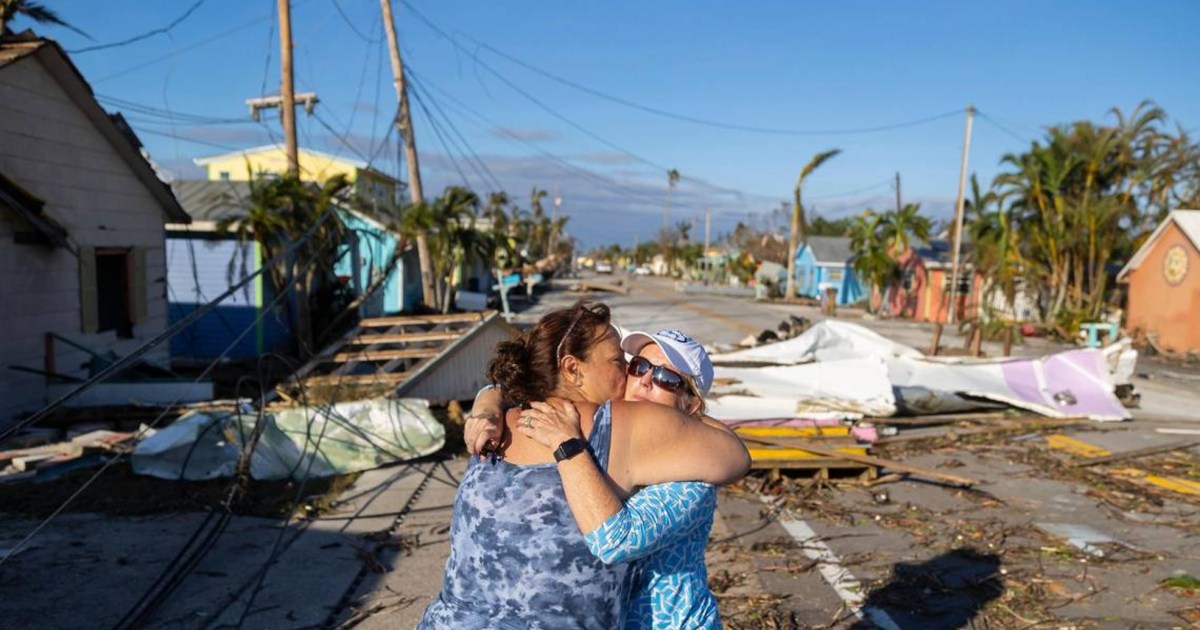…To handle massive payout events like [Hurricane] Andrew, insurance companies sell policies across different markets—historically, a hurricane wasn’t hitting Florida in the same month a wildfire wiped out a town in California. They themselves also pay for insurance, a financial instrument called reinsurance that helps distribute risk across geographic regions. Reinsurance availability remains a major driver of what insurance you can buy—and how much it costs.
But as climate change intensifies extreme weather and claims pile up, this system has been thrown into disarray. Insured losses from natural disasters in the US now routinely approach $100 billion a year, compared to $4.6 billion in 2000. As a result, the average homeowner has seen their premiums spike 21 percent since 2015. Perhaps unsurprisingly, the states most likely to have disasters—like Texas and Florida—have some of the most expensive insurance rates. That means ever more people are forgoing coverage, leaving them vulnerable and driving prices even higher as the number of people paying premiums and sharing risk shrinks.
This vicious cycle also increases reinsurers’ rates. Reinsurers globally raised prices for property insurers by 37 percent in 2023, contributing to insurance companies pulling back from risky states like California and Florida. “As events are getting bigger and more costly, that has raised the prices of reinsurance in those areas,” said Carolyn Kousky, the associate vice president for economics and policy at the Environmental Defense Fund, who studies insurance. “It’s called the hardening of the market.”
In a worst-case scenario, this all leads to a massive stranded asset problem: Premiums get so high that property values plummet, families’ investments dissipate, and banks are stuck holding what’s left.
More simply, the global process for handling life’s risks is breaking down, leaving those who can least afford it unprotected.



If the capitalists had sane priorities, we wouldn’t be in this situation. The capitalists knew what they were doing to the climate through their own experts, and not only covered it up for decades, but used their endless wealth to wage a propaganda war to discredit outside scientists who came to the same conclusions.
Humanity’s epitaph should truly be that line from that famous comic, I’d like it to be made into a skyscraper sized titanium tombstone before the end, for any passing or newly evolved sapient species to know us by the only thing that we ever cared about:
"Here lies Humanity.
Sure, we destroyed ourselves eyes wide open, but for one glorious moment in time, we created a lot of value for shareholders!"
Only every other system has been far worse for the environment. The main reason capitalism has been bad is because it created some much general wealth that people have too much money to be responsible.
deleted by creator